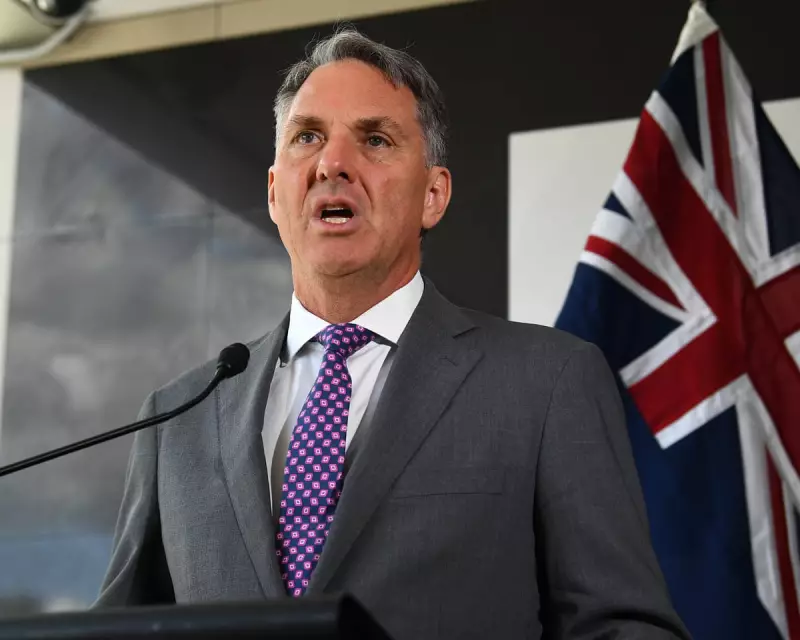
In a significant diplomatic development, Australia has thrown its weight behind former US President Donald Trump's newly unveiled 20-point roadmap for peace in Gaza, with senior government figures expressing cautious optimism about its potential to break the long-standing deadlock.
Government Backing for Controversial Plan
Foreign Minister Simon Birmingham announced Australia's formal endorsement during a press conference in Canberra, describing the comprehensive proposal as "the most detailed and workable framework we have seen in recent years." The announcement positions Australia among the first Western nations to publicly support Trump's initiative.
"This plan provides a genuine path forward where others have failed," Birmingham stated. "While no peace process is without its challenges, we believe this blueprint offers real hope for sustainable resolution and deserves serious consideration by all parties involved."
Key Components of the Trump Proposal
The 20-point plan, revealed earlier this week, addresses several critical areas that have historically stalled peace efforts:
- Immediate humanitarian corridors with international oversight
- Phased demilitarization process with verification mechanisms
- Economic development packages for Gaza reconstruction
- Security guarantees for both Israeli and Palestinian interests
- International monitoring force deployment
Regional and International Reactions
The Australian endorsement comes amid mixed international responses to the Trump proposal. While some European nations have expressed reservations about certain aspects of the plan, several Middle Eastern allies have shown openness to engaging with the framework.
Prime Minister Anthony Albanese's government has emphasized that their support is contingent on the plan maintaining alignment with key principles of international law and previous agreements. "We see this as a starting point for renewed negotiations, not a final solution," a senior government official clarified.
Strategic Implications
Australia's positioning reflects its ongoing recalibration of Middle East policy and demonstrates willingness to engage with unconventional diplomatic approaches. The move signals Canberra's desire to play a more active role in international conflict resolution efforts, particularly in regions where it has significant strategic interests.
Political analysts suggest the endorsement could strengthen Australia's diplomatic standing with the Trump administration should the former president return to power, while also positioning the nation as a potential mediator in future negotiations.
The government has indicated it will use its diplomatic channels to encourage other nations to give the proposal serious consideration, while continuing to advocate for humanitarian assistance to affected civilian populations throughout the implementation process.





